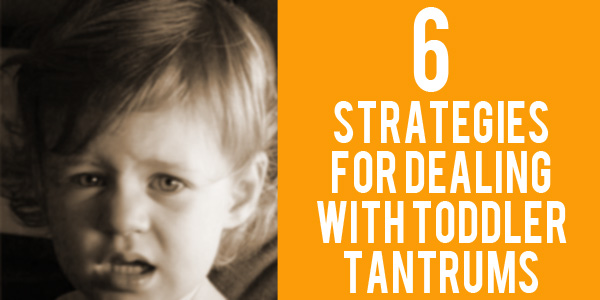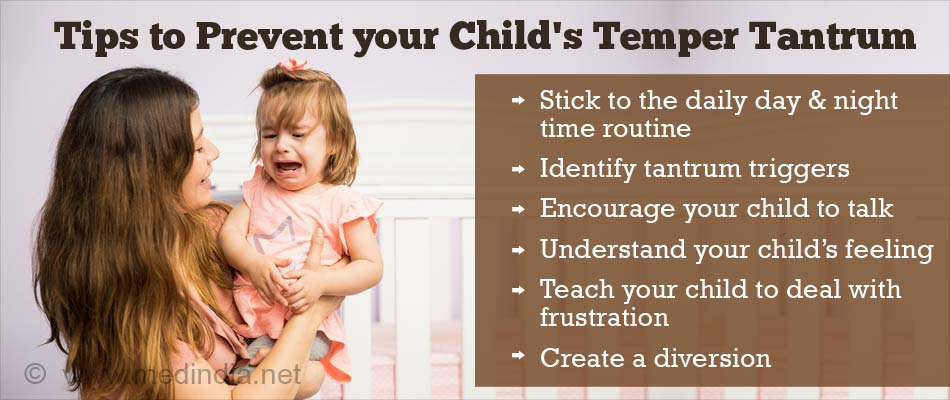What Everybody Ought To Know About How To Handle Temper Tantrums

Establish a daily routine so that your child knows what to expect.
How to handle temper tantrums. Handle aggressive behavior immediately does your child become aggressive during a meltdown—hitting, kicking, biting, or. Helpful relaxation strategies for anger include: When a youngster starts school, they usually diminish.
The first rule in responding to an adult temper tantrum is that you have. You can sense when your child is going to throw a tantrum. Move your child’s attention to something other than being bummed that that was the last trip down.
When they become part of your routine, it’s easier to reach for them when you become upset. Offer praise for calming down: Reinforce your child’s positive behavior and good choices.
How to deal with extreme tantrums when they happen the first step is to address the safety issue. If the tantrum is over something rules related, like bedtime or cleaning, the same advice. You can also discuss how they can stop tantrums from happening again.try to:
He throws temper tantrums because they work. You can stop the child’s temper tantrum from. If it is a public tantrum, you may have.
Effective ways of dealing with tantrums include identifying the triggers, identifying the different types of tantrums, rewarding good behavior while ignoring bad behavior, staying. Experts suggest acknowledging tantrums after the fact, but referring to them in the past. Run errands when your child isn't likely.

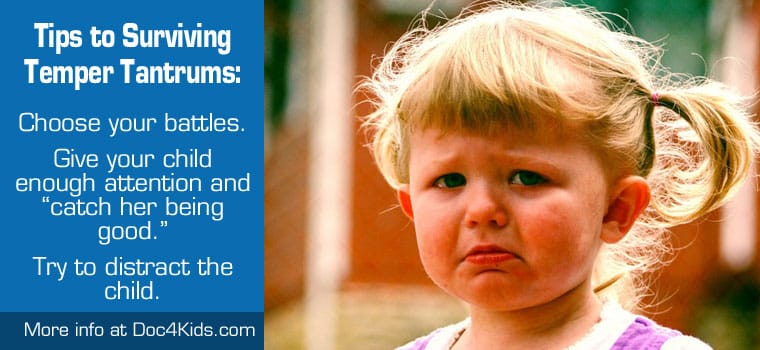



/Foap-Little_Miss_Temper-2e0af0dd61c04f2da9d743480ea8ee17.jpg)
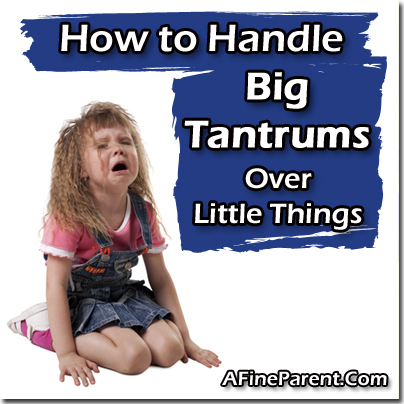

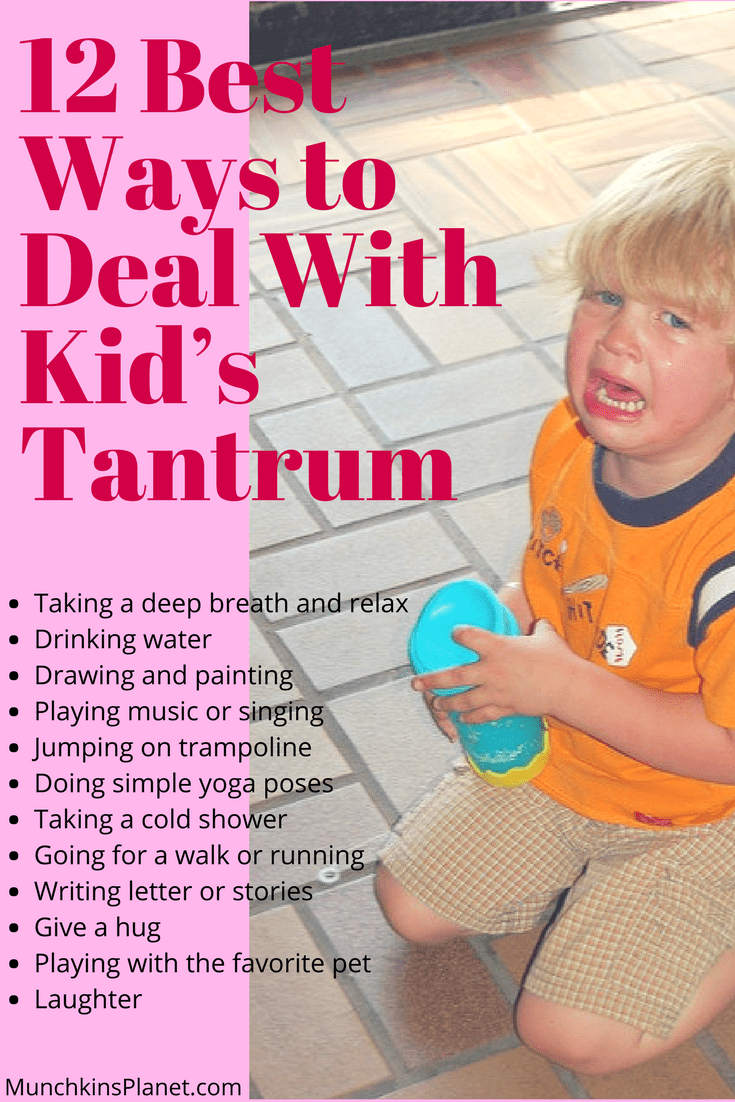


/GettyImages-200218805-005-589296c05f9b5874ee242b38.jpg)

